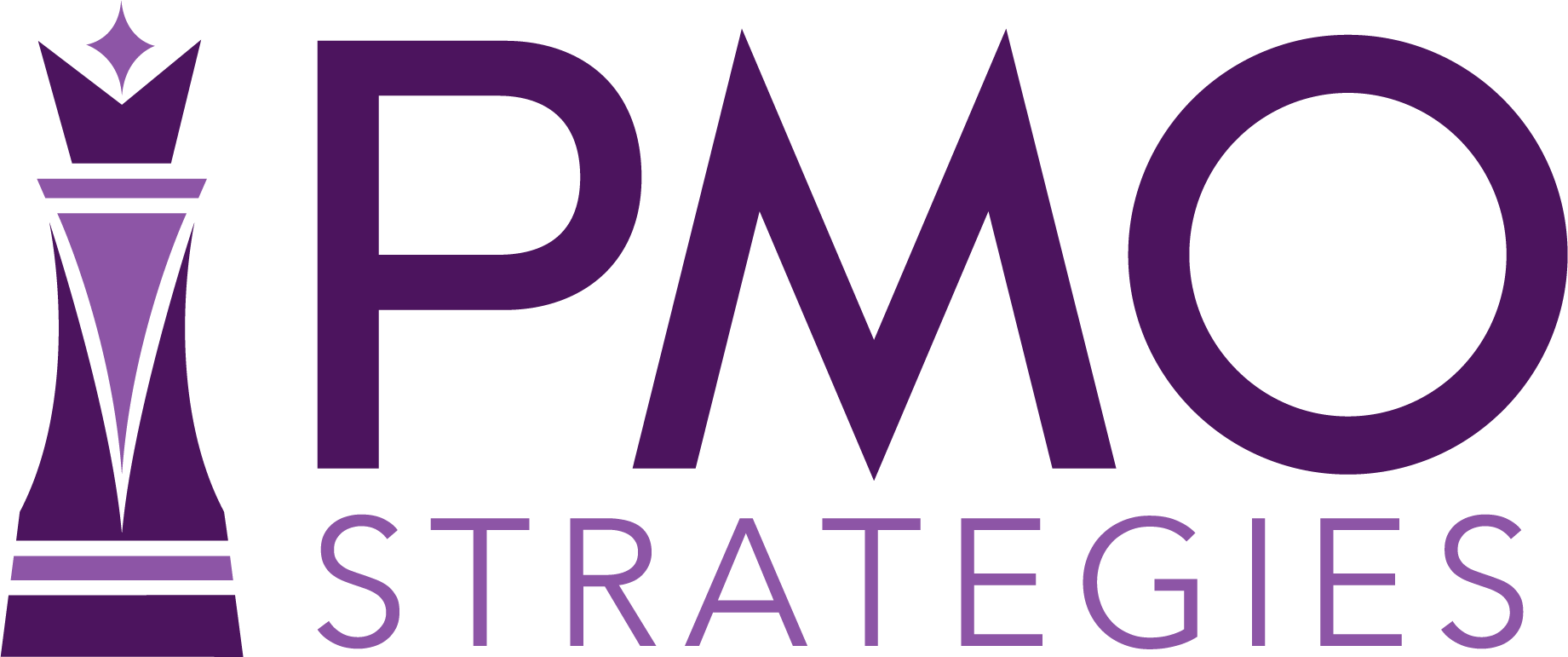In the consulting side of my business, I’m often called upon to help build or rescue a PMO for an organization. Sometimes, the CEO that calls me says they are considering outsourcing the company’s PMO. While this might be the dream situation for many consulting firms out there, I’ll tell you why, as a consultant, I’m against it. While there is certainly more revenue for a consulting firm in being able to hire all of the staff for the PMO and run the organization, there are far greater risks to the organization (and eventually the consultant), ultimately making it a lose-lose situation.
Before I was a consultant, I spent 17 years as the PMO leader and executive looking to improve project and program delivery, as well as overall governance and portfolio management for the organization I was working in. I know, first hand, how hard it can be to drive change in an organization and build the kind of PM capability necessary for sustained improvement in project delivery. Even in organizations where you don’t hit much change resistance, there are still challenges when you are transforming the way an organization functions. If you are going to make an investment in improvement like this, you will want to give that improvement every possible opportunity for success. For many organizations, when you don’t have that capability internally, it can seem appealing to turn it over to a consulting firm that can just “handle it” for you. While that certainly is appealing to let an outside company “handle things” for you, especially when you have so many other priorities, there are some serious risks to the ultimate success of that endeavor that must be considered.
Here are some things to consider before outsourcing your PMO…
- You will lose some control. When you outsource your PMO, you are giving up some control in areas where you may not want to have your hands tied. Ultimately, you will not be able to control things like staffing changes and how important this effort is for the team running the PMO. When it’s owned and run by internal resources, the organization will have greater control over the priority and resourcing.
- Strong relationships can be more difficult to foster. So much of the PMO build out and operation is dependent upon building key relationships with all stakeholders that interact with the PMO. When those resources are external, it can be a little harder to forge strong bonds among the PMO staff and the internal stakeholders.
- It won’t be their idea. It’s one thing to leverage consultants to bring in new ideas or help you in articulating the ideas you would like to execute in your organization in an industry data backed kind of a way, it’s another to turn over the ownership of implementing those ideas to a third party. By outsourcing your PMO you risk alienating all of those that are responsible for interacting with the PMO. It’s someone else’s idea, agenda, or plan and the people internally won’t necessarily have a sense that they can provide input into the process or that they can call it their own. You will need the internal staff of the organization to ensure your PMO is effective and sustainable and by bringing them into the process early and often to develop the approach and participate in the execution, you are positioning the PMO for the best possible success from the start.
- There will always be someone else to blame. One sure way to prevent driving accountability in an organization is to give it to a consultant. If you want your team to truly embrace the PMO and interact with the organization, build it internally, as a team. You can certainly leverage consultants to support the effort, but the main driving force and those that are truly accountable for the delivery should be well-respected internal staff with the proper authority to deliver the results expected.
- You could have an us and them mentality. When you outsource the creation or operation of your PMO to an outside vendor, you risk the organization treating it as an “outside” thing that they don’t really have to be a part of. Some service organizations can be outsourced with some good success, but a PMO is so integral to the execution of the business strategy of the organization that outsourcing it is putting your company’s future in the hands of an outsider. Once you do so, you position those in the organization to treat the organization as a separate entity that they can distance themselves from, therefore setting the PMO up for extinction from the start.
- You aren’t building capability internally. You may have heard of the saying, “Give a man a fish, and you feed him for a day. Teach a man to fish, and you feed him for a lifetime.” I believe very strongly in teaching the people in organizations how to fish for themselves instead of doing the fishing for them. In fact, I insist on it in every consulting engagement we do. Every good relationship will someday come to an end. Meaning, that for many different reasons, some of which may be the above, you may want to take over the management of your PMO. If you have not invested in building that capability internally, you will essentially have to start over.
From the consultant’s perspective…the above is just a sampling of the scenarios that could lead to overall PMO failure, which means the consultant fails. If the PMO isn’t effectively delivering the benefits as expected and the organization is not sustainable, the client is not getting what they bargained for. This can lead to payments not being made, reputations being ruined, and lost future business. When the client wins, the consultant wins. How do I know? Our consulting business has been built entirely on referrals and reputation.
Consultants CAN be a huge help.
Can you effectively leverage consultants to help you set up or rescue your PMO? You absolutely can, and in some cases, should leverage a consulting firm to help you. However, I would highly encourage you to build a partnership with the consulting firm, maintaining ultimate ownership and a hands-on interest in the PMO development and operation to ensure the long-term success of the PMO. This is ultimately better for you and for the consulting firm because the PMO is being setup for success from the start. Everyone wins.
Consultants can often help in areas such as:
- Providing external industry perspective
- Helping you establish the best PMO framework and services for your organization
- Interviewing internal stakeholders and assessing your current environment
- Defining best practices and approaches that have been proven in your type of organization
- Education and resources to help you build your own capability internally
These are just some of the benefits to partnering with the right consulting firm to establish or run your PMO. Just make sure they’ve done this before. In next week’s article, I will share with you the things to look for when hiring a consulting firm to partner with you to build, rescue, or run your PMO. Stay tuned!
Thanks for taking the time to read this article.
Click here to receive these blog posts right to your inbox.
Fill out our one-minute survey if you have topics you would like read more about.
I welcome your feedback and insights. Please leave a comment below.
See you online!
Warmly,









[…] You still need to run the show. It’s absolute ok to leverage consultants to help you by providing industry perspective, but you must still run the show. When you turn things over to the consultants completely, you could risk them taking the team in a direction that is not in alignment with your overall strategy. You also run the risk that things fall apart the minute they leave. Great consultants can help you put systems and processes in place to ensure continued evolution and sustainment for your PM organization. For more on this, check out Why You Shouldn’t Outsource Your PMO. […]
Think you hit the nail on the head. From the time I’ve spent as a Project Mgr, Program Mgr, and Portfolio Mgr, I had all the responsibility, accountability, but none of the authority—kind of a strange way to operate. The biggest hurdles or going in challenges were building rapport and communicating. Too hard to do, in my opinion if you hire someone from the outside to do those things. I didn’t get anything much done unless my team both respected my decisions AND had faith/confidence in me. I was at both the winning and losing end of that experience. A team will accept and value outside consulting expertise…but not be governed by it. Again, my experience. Thanks for the article!
[…] Why You Shouldn’t Outsource Your PMO […]
[…] what to consider before outsourcing and how to make sure you outsource your PMO properly on the blog here or join the conversation on LinkedIn […]
[…] Previous Next […]